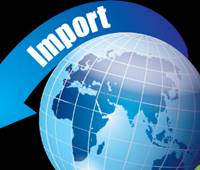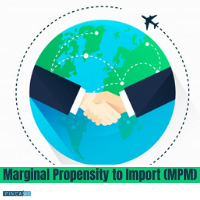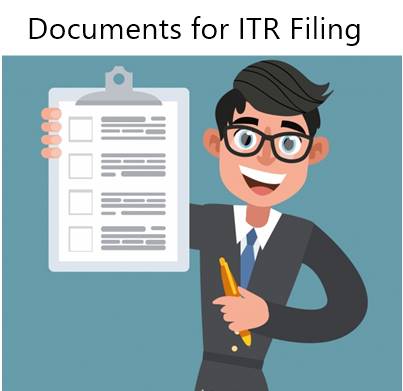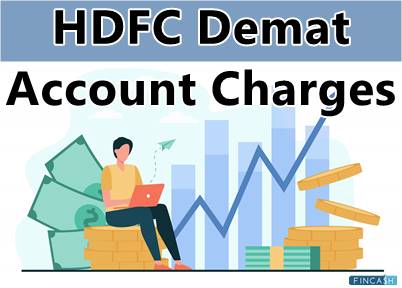
Table of Contents
Import Duty
What is Import Duty?
Import duty refers to the tax collected on importing products or service (or certain exports) by the customs authorities of a country. The value of a product usually finalizes the import duty. On the Basis of the context, import duty can also be called as import tariff, import tax, tariff, or customs duty.
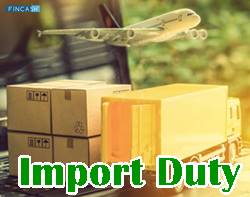
Basically, import duties have two different objectives. The first one is to collect Income for the local government. And, the second one is to provide Market benefits to locally produced or grown products that are not subjected to import duties.
However, there could be a third purpose of import duty as well, which is to put a penalty on a specific country, by charging higher price on its products in the form of the import duty. Across the world, there are varying treaties and organizations that have a direct influence on import duties.
Explaining Import Duty
A variety of countries tried decreasing this duty to endorse free trade. The World Trade Organization (WTO) endorses and imposes commitments that the member countries have agreed to, so as to cut down the tariffs.
Usually, countries agree to such commitments during complicated negotiation rounds. Back in February 2016, almost 12 Pacific Rim countries entered into the Trans-Pacific Partnership (TPP) that substantially influences the import duties between these nations. However, it is expected to take a lot of years before TPP can come into the force.
Practically, import duty gets levied when imported products enter the country. In India, the import tariffs are governed by India’s Export Import policy and the GOI Foreign Trade (Development & Regulation) Act.
The Director General of Foreign Trade’s office has mandated registration for every import before involving in the activities of import and export. According to the WTO’s estimates, India’s applied most favoured country import tariff is 13.8%, which is the highest of any of the major Economy.
All of the products that are imported into the country are subjected to duty. There are a variety of factors that are considered to evaluate customs duty, such as:
- Basic Customs Duty (BCD)
- Social Welfare Surcharge (10% of the goods’ value)
- Integrated Goods and Services Tax (IGST)
- GST Compensation Cess
- Anti-dumping Duty
- Safeguard Duty
- Customs Handling Fee
Tariff rates, regulatory duties, countervailing duties and excise duties are revised in February, during every annual budget.
Talk to our investment specialist
All efforts have been made to ensure the information provided here is accurate. However, no guarantees are made regarding correctness of data. Please verify with scheme information document before making any investment.
You Might Also Like
